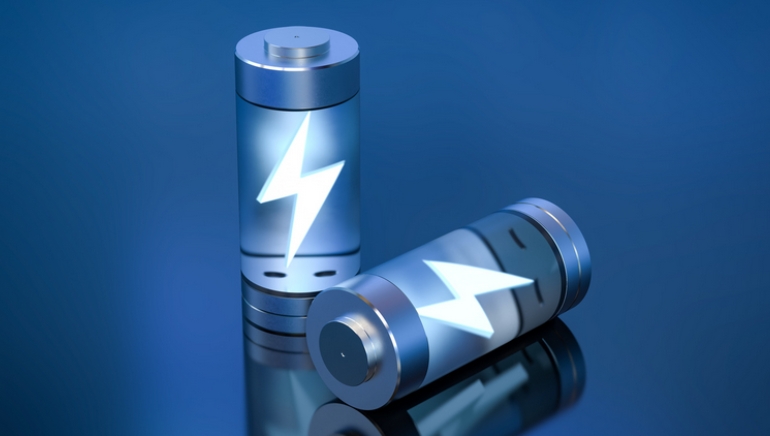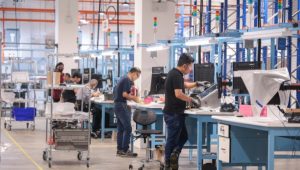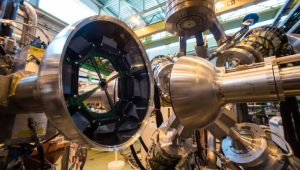Researchers have created an iron-based cathode material, which could lead to more affordable, safe, and ecological batteries. This novel material eliminates the need for expensive and precious metals such as cobalt and nickel, lowering the cost of producing electric vehicles.
Oregon State University chemistry researcher Xiulei “David” Ji emphasised their success in changing the reactivity of iron metal. In addition to having a higher energy density than most advanced cathode materials used in EVs, iron costs less than a dollar per kilogram, far less than nickel and cobalt. These cost savings may significantly reduce the price of our batteries.
Ji emphasised that rare metals account for up to 50% of the cost of producing lithium-ion battery cells. Overexploitation could result in a shortage and the collapse of nickel and cobalt-based battery production. Iron, on the other hand, is plentiful and will be available till the sun turns red.
The researchers combined specific chemicals with iron powder, lithium fluoride, and lithium phosphate to produce iron salts that are easily reversed. This breakthrough enables the use of iron in batteries without altering other production processes.
He said, “To apply this new cathode, no new anodes, production lines, or battery designs are needed—just replace the cathode.”















